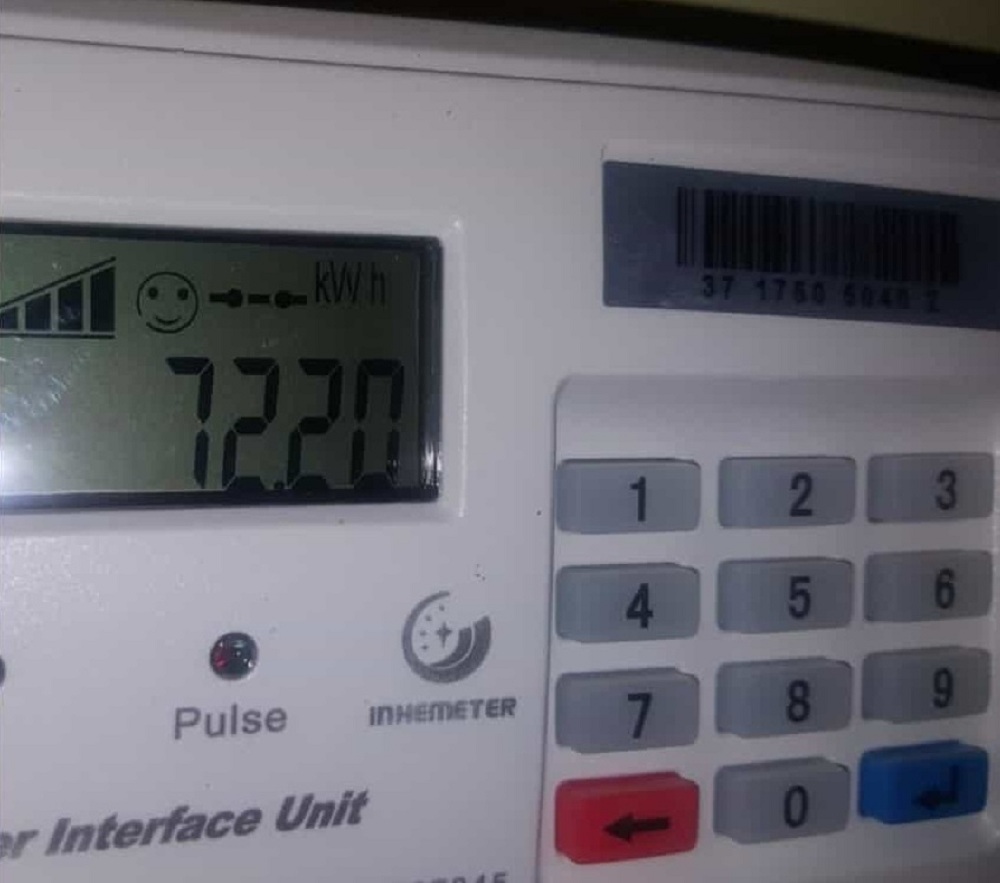Kenyans now have a chance to take control of their power bills by adopting a solar grid-tied electrical system and harnessing the power of the sun. The innovation by Kenya’s leading water and energy solutions company Davis & Shirtliff is designed to help users who adopt it reduce their electricity overheads.
With the fluctuating power bills for not only households but offices and industries as well, the solar grid-tied electrical system that is semi-autonomous in design will ensure users save on power by taking advantage of the sun when it is available.
“The main benefit of this system is the saving on electricity overheads that is realised during the day when solar power generation is taking place. Solar will take a share of the power that is being utilised in any facility thereby reducing the power bills. Since this generation takes place daily the saving is realised without fail and the money is redirected into more productive use,” said Davis & Shirtliff CEO Mr David Gatende.
To have this system installed and running, Kenyans will need solar panels, a grid inverter and the appropriate power management and control equipment.
He explained that how the system works is that it is linked to the mains to feed into the loads required. When insufficient electricity is available, electricity drawn from the mains grid can make up for the shortfall. The system generates power only when the utility grid is powered and the sun is shining.
“To make sure that the priority of consumption is on solar power the inverter slightly ramps up voltage of the power it supplies with respect to the mains grid creating some extra potential. This allows current to flow more readily from this source than from the mains grid. The mains grid only makes up any shortfall in electricity demand, which might arise from heavier loads being switched on or reduced generation due to cloud cover,” Mr Gatende added.
For industries, institutions and offices that normally operate during the day, this innovation is timely. The solar system gives such facilities more control of the energy quota they are generating and consuming. The more the energy quota they own, the less affected they are by the price changes in electricity.
READ: UK to end aid to drought-hit Kenyans in 2024
If a user installs this solar system and later wishes to have a bigger capacity of producing power, the system is designed for expansion.
“Systems are modular in nature meaning that their capacity can readily be increased by adding more panels and inverters with increased spending ability and increased loads. The inverter capacity ranges from 2.5 kilowatt (kW) to 50kW in both single and three phase designs” said Gatende in Nairobi.
The users of this innovation can monitor the system online from any computer or smartphone with an internet connection. This allows the user to view live system performance, check historical data and be notified in case of any faults making it easier in maintenance as well as performance benchmarking.













Leave a comment